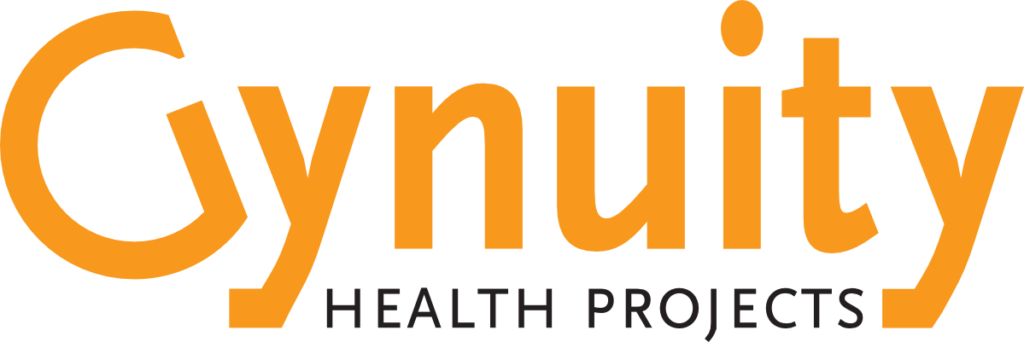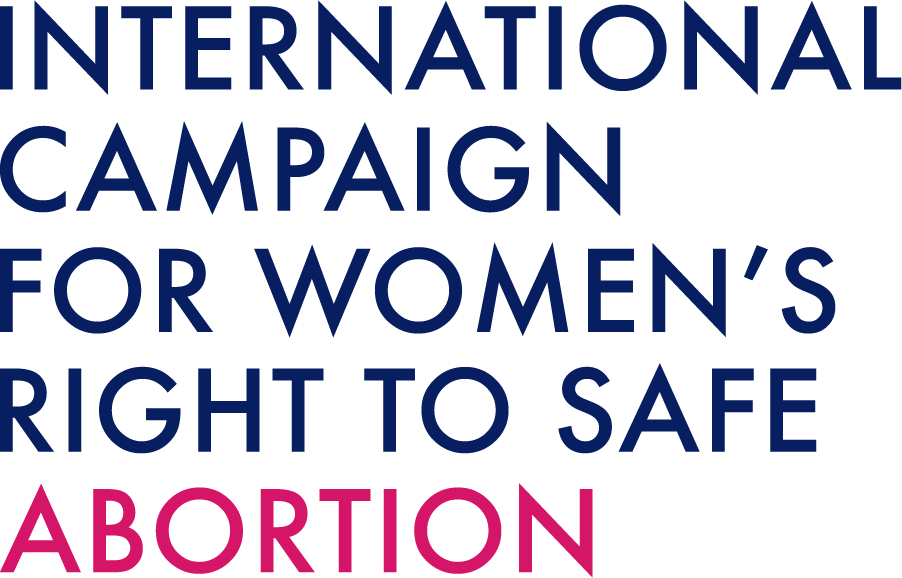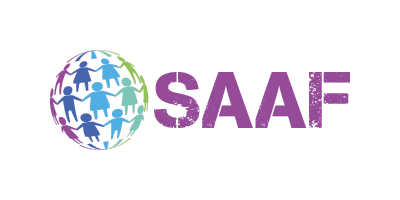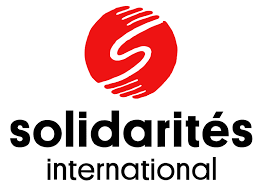
How telemedicine is transforming women’s abortion access in Moldova[:]
Dr Rodica Comendant and Clayborne Cook, of the Reproductive Health Training Center explain how they helped establish the Republic of Moldova’s first medical abortion telemedicine service…
Women’s abortion access in Moldova has come a long way in the three decades since the Republic’s independence.
The right to abortion on request is now legally protected, medical abortion pills are approved and the country hasn’t recorded an abortion-related death for more than a decade.
In another step toward greater access to safe abortion care for women, in 2020 the nation became the first in Eastern Europe and Central Asia to integrate medical abortion telemedicine service in its National Safe Abortion Standards.
The move followed the successful design, development and testing of Moldova’s first medical abortion telemedicine service, which was led and coordinated by the Reproductive Health Training Center (RHTC) with seed funding from Grand Challenge Canada’s Options for Pregnancy Termination (OPTions) Innovation Initiative
“When we began researching the telemedicine service in October 2019, women still needed to attend two in-person appointments for obligatory pre-abortion counselling and post-medication follow-up – creating financial and logistical barriers.” Dr Rodica Comendant, Director of the RHTC.
“Many couldn’t afford travel, child care and lost wages for those trips, particularly those living in more remote rural areas. They may also have concerns about being seen travelling to or attending those appointments.”
Inspired by Gynuity’s TelAbortion project in the United States, and spurred on by the inclusion of telemedicine in the World Health Organization’s recommendations for medical abortion, the RHTC team launched its telemedicine study in March 2020 – just as Moldova’s first Covid-19 case was confirmed.
Within months, and on the back of the RHTC telemedicine study’s initial findings, it was enshrined in national standards.
Securing national buy-in
“We have a long history of collaboration with the Ministry of Health, particularly in the field of abortion and contraception,” said Clayborne Cook, Project Assistant based in Chișinău. “Positive preliminary results from our study were coming through just as we started revising the National Safe Abortion Standards for another project.
“The Ministry officially declared its support for the service following those results and organised an online seminar for providers in spring 2020 with further training delivered since. It also included a chapter on medical abortion via telemedicine service in those standards.”
“That level of support validates the service and acknowledges it as best practice, which has been particularly important during the pandemic,” Dr Comendant added. “And it helps remove more barriers to women accessing safe care.”
Offering women new options to access safe care
RHTC’s telemedicine study was delivered by a small network of specially-trained local providers between March 2020 and March 2021.
A multi-channel communications campaign, which included social media ads and outreach to local women’s health providers, led to more than 500 women successfully self-assessing their gestational term and eligibility online before asking to use the service.
“It was important our website enabled women to work out how far along the pregnancy they were, to assess their eligibility for medical abortion, and make informed decisions about their own health by providing them with the tools and information they needed, and I think it’s important that anyone looking to implement a similar model offers women similar control.” Dr Rodica Comendant, Director of the RHTC.
After providing informed consent and receiving a call from a clinician with detailed instructions, women received their pills by post or via a pharmacy. Clinicians made follow-up calls to check the women’s symptoms and wellbeing one and four weeks later.
The trial was a success. Nearly all the women (98 per cent) ended their pregnancy without surgical intervention, with the majority not requiring an in-person visit; 99 per cent said they were satisfied with the service; and all felt they had saved money.
Overcoming delivery hurdles
But there were challenges along the way.
“We initially trialled electronic prescriptions, as an option for those who didn’t want medication to be posted, but some pharmacists were not open to receiving them,” Mr Cook said. “So, we ditched that and sent written prescriptions by post.”
When clinicians found the multiple calls to provide information and instruction were placing too much demand on their time, the team developed a series of explainer videos outlining the steps of the service to alleviate that pressure.
“That worked well because it was material we could also refer patients back to throughout the journey,” he said. “We are now considering developing a mobile health app.”
The team also encountered resistance from a local anti-abortion movement, which included a letter to the Prime Minister of Moldova that referenced the telemedicine model while advocating the creation of crisis pregnancy centres. RHTC shared an evidence-based response to the Government, which was translated and shared with local and international health and human rights organisations.
Expanding into rural areas and beyond
The team’s immediate priority, however, is to reach more women and adolescents in rural areas, where more than half of the country’s population live.
The RHTC team are in talks with existing partners about opportunities to expand its service in those settings as well as with a vast local network of youth-friendly health centres.
Dr Comendant is also keen to explore the model’s potential to expand to other parts of Eastern Europe and Central Asia. In 2020, she and her team provided expert support to the revision of national abortion standards in Armenia, Azerbaijan, Kazakhstan, Kyrgyzstan and Uzbekistan.
“We have a scale-up plan, but everything depends on securing the right funding,” Mr Cook said. “We have a lot of connections in Eastern Europe and Central Asia and have done a lot of work there recently so it’d be great to see if this approach could help women in those countries, too.”
Options learning platform support
The Reproductive Health Training Center’s medical abortion telemedicine service received seed funding, as well as technical support and guidance, from Grand Challenges Canada’s Options for Pregnancy Termination Innovation (OPTions) Initiative in 2019.
The OPTions Initiative seeks innovative and transformative approaches that put women, girls, and people with diverse sexual and gender identities in control of where, when, and how they access quality safe abortion information and services, if they choose to do so, and where there are one or more legal grounds to support it. It supports a diverse range of organisations, such as social entrepreneurs, feminist research organisations, academic institutes, start-ups and national and grassroots organisations to pioneer new innovations relating to safe abortion. This ranges from novel service delivery models through to clinical research into next generation methods to transform and expand options for medical abortion and SRH commodities.
“There have been a lot of different discussions and events organised by Options Learning Platform pertaining to business development, funding and engaging with potential donors, which has been really useful in terms of thinking about how we can expand the innovation’s reach. These discussions and sessions helped us become more confident in our idea and how to better promote it.” Clayborne Cook, Project Assistant and the Reproductive Health Training Center.
Innovation in brief:
- Who: The Reproductive Health Training Center in the Republic of Moldova
- Where: The Republic of Moldova
- The challenge: Women requesting early-term medical abortion needed to attend two in-person appointments for obligatory pre-abortion counselling and post-medication follow-up, making it logistically and financially difficult, particularly for those in rural areas.
- The innovation: The country’s first medical abortion telemedicine service
- The impact: Nearly all the 531 women (98 per cent) who trialled the service ended their pregnancy without surgical intervention.
- 99 per cent were satisfied with the service and all felt they had saved money.
- The Ministry of Health included a chapter on medical abortion via telemedicine in its revised national safe abortion standards and organised seminars and training for abortion providers.
- What’s next?: Growing its services to reach more rural women and adolescents, including through local network of youth-friendly health centres.
- Expanding to trial the service in other parts of Eastern Europe and Central Asia.
Written by: Leah Oatway

The OPTions Learning Platform (OLP) is supported by the Options for Pregnancy Termination Initiative (OPTions Initative) and Grand Challenges Canada and managed by Options Consultancy Services.
[:]



















